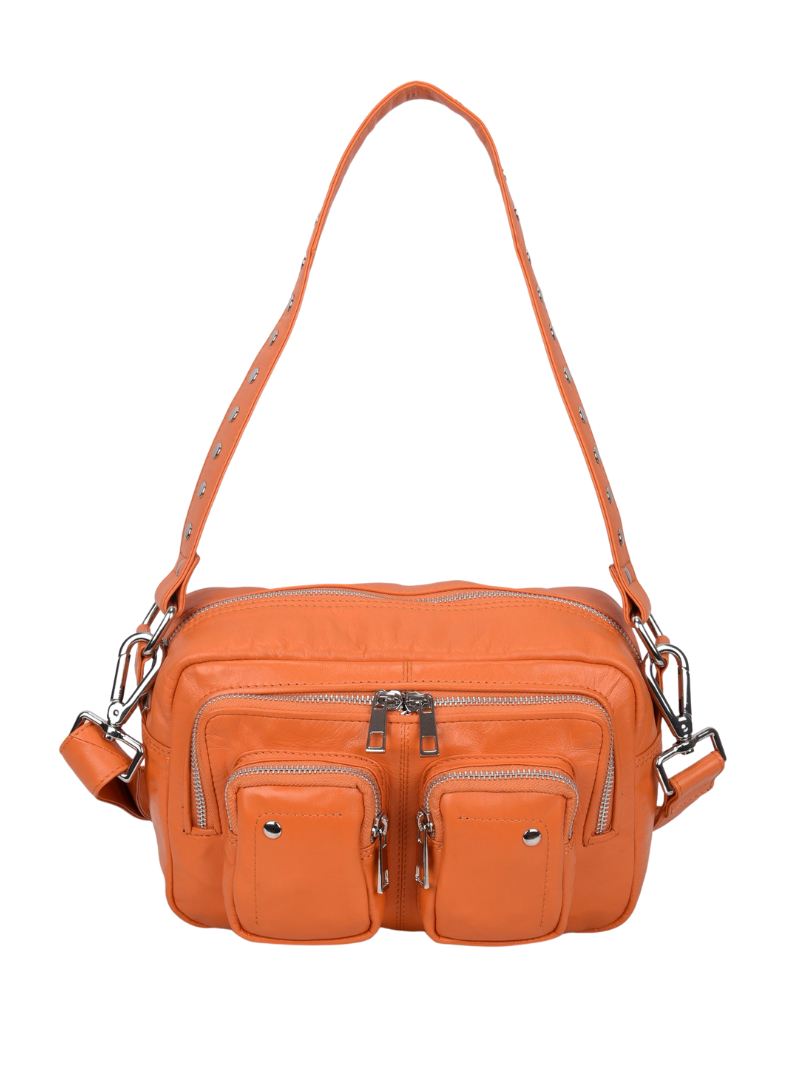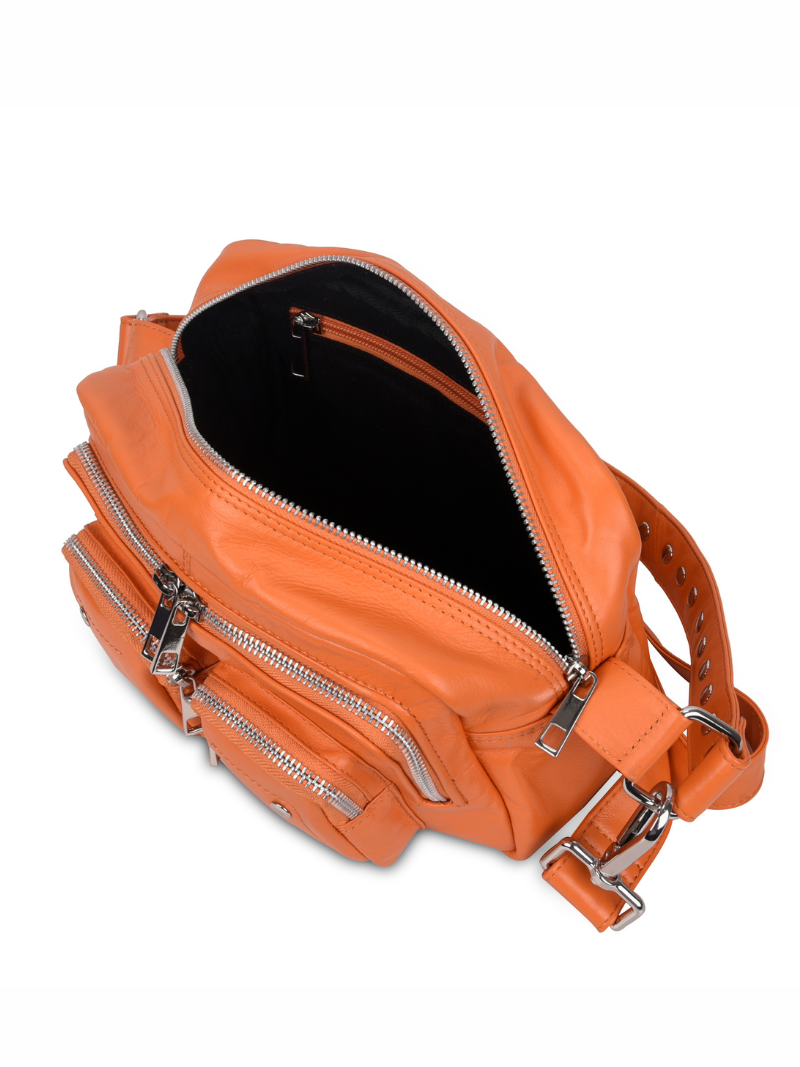Studies show that retail therapy has a real effect on our happiness
We've all felt it: a dull day, a tedious routine, a saturated mind... and suddenly, you see a bag that whispers "buy me." It's not just a whim: there's science behind it.
Retail therapy (shopping to feel better) has been the subject of studies that show real emotional effects. And at Ferent Bags , we believe that this moment of choosing can become a small, conscious act of self-gift.
✨FINDING THE PERFECT SELF-GIFT
Restore control and reduce residual sadness
A study titled “The Benefits of Retail Therapy: Making Purchase Decisions Reduces Residual Sadness” explored how making purchasing decisions (real or hypothetical) can reduce that persistent sadness that doesn't go away easily. The idea is that when you're sad, you feel out of control , and making a choice—even a small one—gives you back some of that control.
The interesting thing: the effect works best for sadness , not for emotions like anger, because the latter are more closely tied to blaming others, not the environment.
Shopping as emotional compensation in times of stress
During stressful events (e.g., the pandemic), some people resorted to so-called "compensatory consumption" or revenge consumption —luxury purchases as a way to cope emotionally. A study in South Korea shows that using luxury items in this context can boost self-esteem and subjective well-being.
There are also more recent articles that describe retail therapy as a mechanism where emotion drives the purchase , but where it's not just the object that matters: the experience of choosing, the environment, the personalized attention... everything counts.
Advantages and risks: the necessary balance
It's not all about "shopping and happiness." Many experts warn that retail therapy works best when done mindfully. The benefits include improved mood, a sense of control, and distraction from discomfort.
But the risks are there: impulsive buying, guilt afterward… If it becomes a compulsive habit, it stops being therapy and becomes a problem (like compulsive buying disorder).
Also, some research shows that simply anticipating a purchase (even before paying) can already have positive effects on mood, thanks to the release of dopamine, the pleasure hormone.
Tips to make sure retail therapy does you good (and doesn't cost you anything):
-
Define a budget beforehand
If you are aware of how much you can spend, you reduce that post-purchase remorse. -
Make a “wish list”
Wear what you love today; if you still love it tomorrow, it's probably worth it. -
Focus on quality, not quantity
A well-made bag, made with good materials, will be a constant source of satisfaction. -
Also value anticipation
Sometimes planning a purchase, comparing, and exploring also lifts your spirits. You don't need to finalize the expense immediately.
So you know, you're not just buying a bag... you're investing in your good mood. 😉



Leave a comment